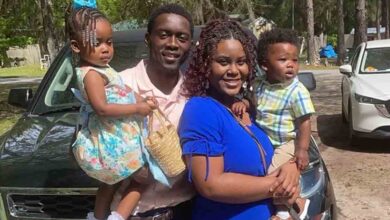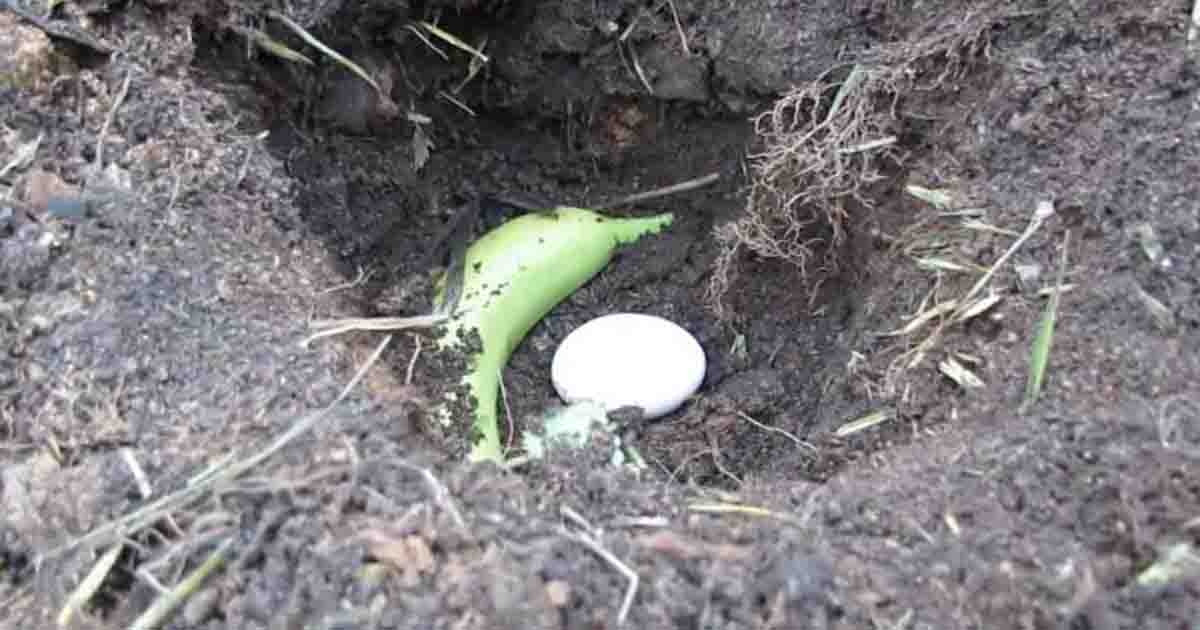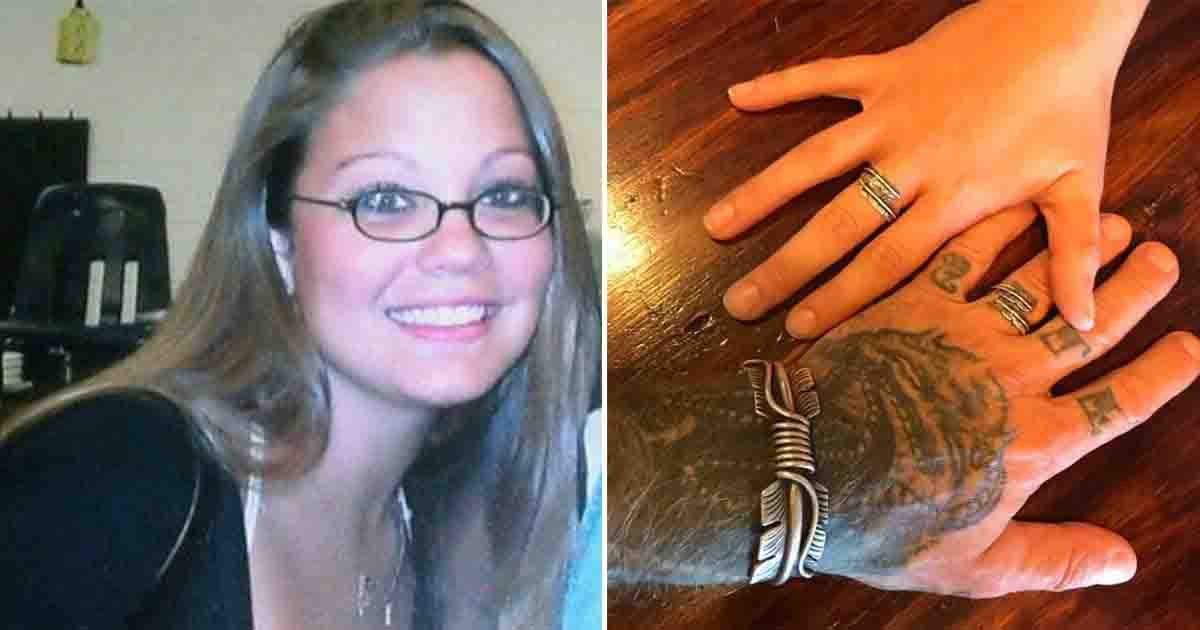Mother abandons baby due to his head shape – four years later, someone knocks on the orphanage door
In the quaint town of Krematorsk, eastern Ukraine, a young boy named Dima Kalekin began his life journey under challenging circumstances.
Born with hydrocephalus, commonly known as “water on the brain,” Dima’s biological parents abandoned him at the hospital, unable to face his condition. This left Dima to navigate his early years in an orphanage for disabled children, where he struggled with basic tasks like eating with utensils and walking.
Despite the orphanage staff’s doubts about his development, Dima proved to be a resilient child, surpassing expectations by surviving and even learning to speak a few words. However, Dima’s life was about to take an unexpected turn when war erupted in eastern Ukraine in 2014.
The orphanage, caught in the conflict zone, had to evacuate, leading Dima and his fellow orphans on a harrowing journey. For a week, they wandered without essential supplies like water, food, or medicine.
Their plight caught the attention of a group of separatists who intervened, bringing the children to the safety of Ukrainian authorities. The children were taken to a hospital in Kharkiv, where the medical staff was moved to tears by their condition. In a desperate bid for help, the doctors contacted a priest to pray for families to adopt these children.
Answering these prayers, Ernest and Ruth Chaves from Vermont, USA, who had heard about the conflict and were looking to adopt a child from the region, came forward. Upon meeting Dima, they immediately knew they wanted to bring him into their family. The Chaves, experienced in parenting and adoption processes, quickly completed the necessary formalities, and soon, Dima was on his way to a new life in Vermont.
In Vermont, Dima, renamed Zebediah Chaves, found himself in a loving and supportive environment. The boy, once struggling to survive, began to thrive. His progress was remarkable; he quickly learned to eat with a spoon and started communicating. Within a year, Zebediah was a transformed individual, able to speak, understand both Ukrainian and English, and walk.
American doctors, examining Zebediah, were optimistic about his brain condition, believing he would develop normally. Despite facing several operations ahead, Zebediah’s unyielding spirit and will to live have been a source of inspiration.
Today, his journey from a war-torn region to a nurturing family environment in the United States is not just his story but a narrative of human kindness transcending borders and circumstances. As Zebediah continues to grow and flourish, his future shines brightly, filled with endless possibilities and dreams waiting to be realized.





